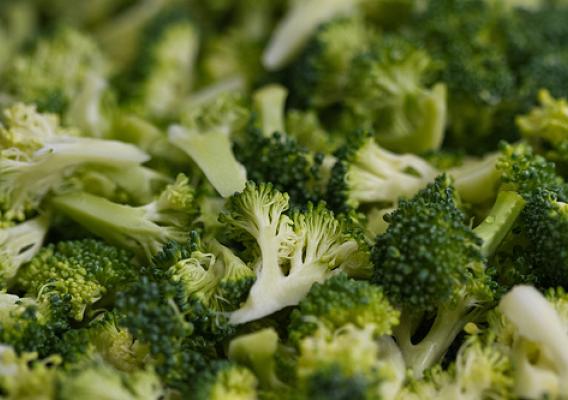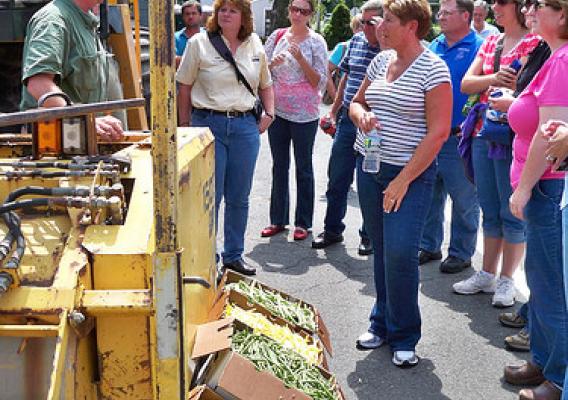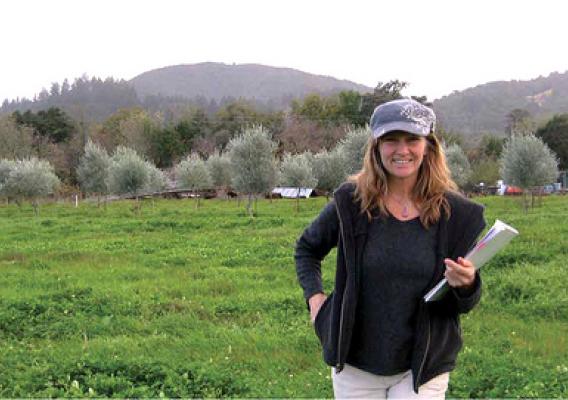This is the fifteenth installment of the Organic 101 series that explores different aspects of the USDA organic regulations.
USDA certified organic products are produced and sold around the world, many originating from over 17,700 organic operations right here in the United States. The USDA organic label assures consumers that products have been produced through approved methods and that prohibited substances, like synthetic pesticides, have not been used. I am often asked how the USDA verifies organic claims, and whether organic operations are inspected.
In order to sell, label, or represent products as organic in the United States, operations must be certified. The National Organic Program, part of USDA’s Agricultural Marketing Service, accredits private, foreign, and State entities called certifying agents to certify and inspect organic operations.
So how does this all work? First, the operation would apply for certification through a certifying agent. The certifier will ask for information including a history of substances applied to land during the previous three years, and an Organic System Plan describing the practices and substances to be used. The certifier reviews applications to verify that practices comply with USDA organic regulations, and then an inspector conducts an on-site inspection.










